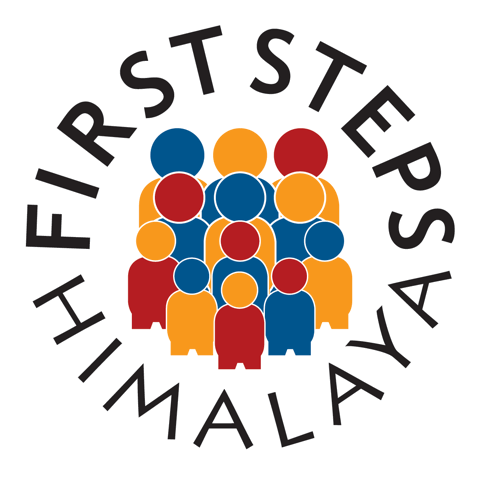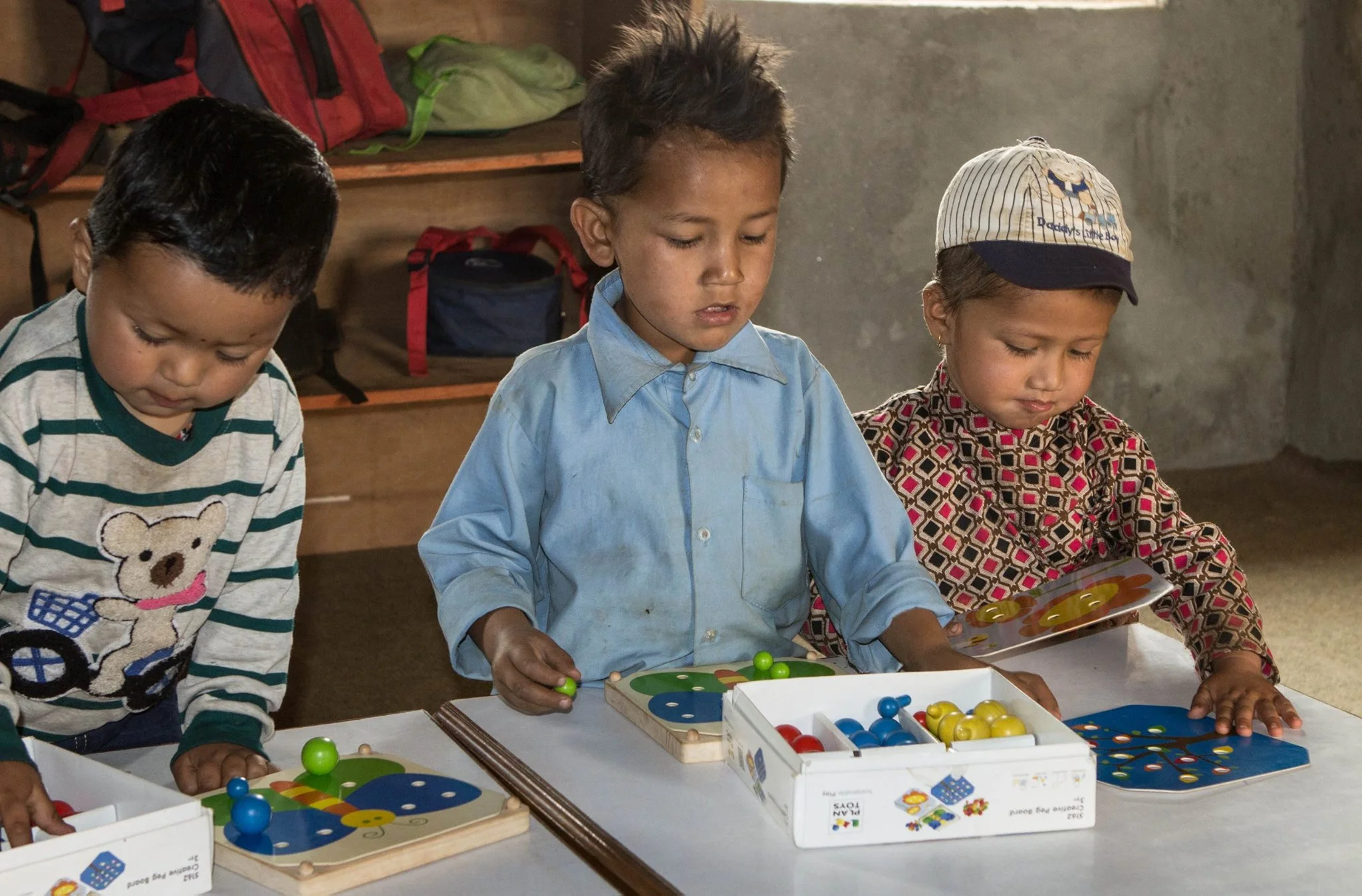Why is there a need?
Lack of education results in
High birth rates, high infant and maternal mortality
Poor hygiene and increased susceptibility to diseases
Poor nutrition and stunted growth of children
Poor awareness of child safety
Gender inequalities
At risk of being subject to human trafficking
Low income perpetuating the cycle of poverty
An educated mother is more likely to give birth to less children, send them regularly to school and have higher standards of hygiene. Unfortunately, child-rearing practices in Nepal traditionally do not involve any stimulation or play-based learning. Young children are often left hanging in baskets while their mothers work in the fields. Crawling toddlers are frequently left locked in the house alone. In fact, most children over two years are left by themselves during the day to wander around.
Throughout Nepal, children are receiving sub-standard education in dilapidated classrooms from untrained and unmotivated teachers. This leaves them with limited life skills, vulnerable to exploitation and very likely to be stuck in a cycle of poverty and limited opportunities. Older children may have to stay at home to look after younger siblings or work in the fields. Lack of early childhood education means that children enter school without adequate preparation, and face delayed development.
Further, the majority of schools in rural Nepal are inadequately resourced, and children often have to sit on dirty floors with nothing to occupy them without a teacher present. Teachers are poorly trained, poorly paid, and lack motivation, resulting in a high level of teacher absenteeism. When they are present, this lack of training and motivation is passed on to the children in the form of ineffective education.
The children are left to suffer the consequences of this system, leading to poor ability in class, failed exams and school drop-outs, thus perpetuating a continuous cycle of poverty and a low-level of education. It’s vital that the system is changed, in order to break this cycle.
Our solution
To improve the quality of early years education in Nepal, we create stimulating learning environments, run by trained and enthusiastic teachers.
Our early years programme focuses on providing the first steps toward a quality education. Through play, children develop a love of learning, understand concepts better, learn strategies and gain social and communication skills. Children who attend our early years classrooms tend to learn to read and write more quickly, have longer attention spans and can problem-solve far better than children who have not attended. These are skills that will benefit them throughout their lives, and that they can pass on to their own children.
We train teachers in contemporary child-friendly teaching methods, equipping them with skills to create their own resources and supplement the existing curriculum with stimulating activities. Teachers learn to improve classroom and behavious, and how to foster a love of learning in children.
We refurbish classrooms and provide resources to create a safe and stimulating learning environment, one that is suited to the local culture and that will support high-quality teaching. Classrooms are developed from dirt floors to carpet, from wooden pallets for seats to having desks, from a single chalk board to access to crayons, paper and books.
When a school fully participates in our programme, the results can be remarkable. Classrooms are clean and tidy, resources are cared for, and the children enjoy their lessons. As a result, attendance improves and the school runs much more smoothly.
















